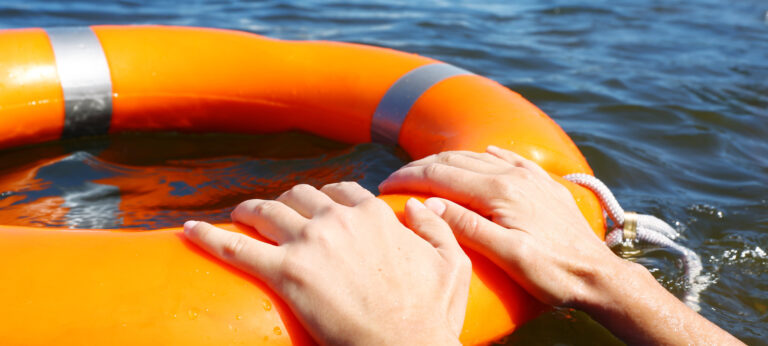- Supervision is Key: Never leave children unattended near water, regardless of their swimming abilities. It only takes a few seconds for an accident to happen. A lifeguard or responsible adult should be present at all times to keep a vigilant eye on children during pool parties or outings near water.
- Teach Swimming and Water Skills: Enroll your loved ones in swimming lessons to ensure they have basic water skills. The ability to swim significantly reduces the risk of drowning and increases water confidence.
- Use Life Jackets and Flotation Devices: Whenever boating, kayaking, or engaging in any water activity away from shore, ensure everyone wears a properly fitting life jacket or flotation device. This applies to both children and adults, regardless of swimming abilities.
- Be Cautious of Water Conditions: Check the weather and water conditions before heading out for any water-related activity. Avoid swimming in rough waters or during storms, and stay within designated swimming areas.
- Avoid Alcohol and Drugs: Never mix alcohol or drugs with water activities. Impairment can lead to poor judgment and coordination, increasing the risk of accidents.
- Learn CPR and First Aid: Knowing cardiopulmonary resuscitation (CPR) and basic first aid can be life-saving in case of a water-related emergency. Encourage family members to undergo CPR training to be prepared for any unfortunate event.
National Drowning Prevention Day

Drowning incidents can happen anywhere, from swimming pools and beaches to lakes and even bathtubs. Shockingly, according to the World Health Organization (WHO), over 360,000 drowning deaths occur globally every year, making it one of the leading causes of unintentional deaths worldwide, with children under the age of 5 being the most vulnerable.
National Drowning Prevention Day is observed annually to raise awareness about water safety and advocate for measures to prevent drowning incidents. This day acts as a call to action for communities, organizations, and individuals to come together and prioritize safety while enjoying various water-related activities. In this blog post, we will provide some essential tips to help you and your loved ones stay safe around bodies of water.
Related Tags



